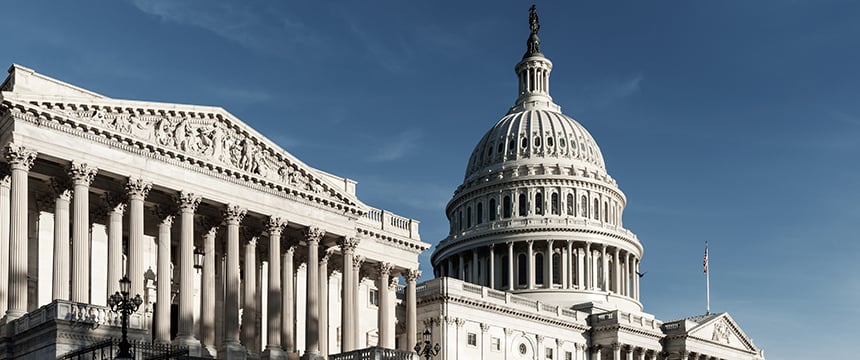
Companies around the world have been scrambling to understand the implications of the sanctions imposed by the United States following Russia’s invasion of Ukraine. Beyond sanctions, the United States has even more legal and economic tools at its disposal to further punish Russia and Putin. One option now under discussion is designating Russia as a “state sponsor of terrorism.” While such a designation would more directly condemn Russia and Putin’s actions in Ukraine and other parts of the world, it could also have implications for companies doing business with any number of entities owned or controlled by the Russian government. The designation could also facilitate collecting arbitral awards or foreign court judgments obtained against Russia or its agencies or instrumentalities.
Under certain circumstances, the United States may name a country as a “state sponsor of terrorism.”1 While the move is rare, it is not unprecedented. The United States currently has designated Cuba, North Korea, Iran, and Syria as state sponsors of terrorism.2 To designate a country, the Secretary of State has to determine that the nation’s government “has repeatedly provided support for acts of international terrorism, such as assassinations or financing terrorist groups.”3
This determination would trigger the collection avenues of an extremely powerful but not widely known law, the Terrorism Risk Insurance Act of 2002, or TRIA.4 TRIA allows any person that has a judgment against a state sponsor of terrorism or its agents or instrumentalities, for an act of terrorism, the right to satisfy their judgment by seeking to obtain the “blocked assets” from those parties or their agencies and instrumentalities. As defined by TRIA, blocked assets include any asset seized or frozen by the United States under 5(b) of the Trading With the Enemy Act (50 U.S.C. App. 5(b)) and the International Emergency Economic Powers Act (50 U.S.C. App. 1701; 1702). The Trading With the Enemy Act grants the Office of Foreign Assets Control (OFAC) the power to block assets. The OFAC-seized funds or assets are therefore within TRIA’s scope.5
In short, if President Biden were to name Russia a state sponsor of terrorism, any company, individual, or state that obtains a judgment or award against Russia, or its agents or instrumentalities for an act of terrorism, could move to domesticate the judgment or award in the United States and attempt to obtain satisfaction of its judgment via any blocked or frozen assets of Russian oligarchs and Russia. Importantly, any funds blocked in the United States could arguably be used to satisfy the judgment or award so long as the blocked funds are, at minimum, from an agent or instrumentality of Russia. This could include non-Russian entities or individuals.
If you have any questions on the material discussed above, please contact the authors of this post.
As the Russia-Ukraine war continues, so too do new business and legal implications for companies around the world. For more information on how to mitigate risk and protect your business, contact a Foley lawyer today.
1 The United States has the legal authority to make such designations under 50 U.S.C 481, National Defense Authorization Act for Fiscal Year 2019, Section 1754(c); 22 U.S.C. 2780, Arms Export Control Act, Section 40; and 22 U.S.C. 2371, Foreign Assistance Act of 1961, Section 620A.
2 State Sponsors of Terrorism, U.S. Dep’t. of State, https://www.state.gov/state-sponsors-of-terrorism/.
3 See id.
4 Terrorism Risk Insurance Act, H.R. 3210, Pub. Law 107-297, https://www.congress.gov/bill/107th-congress/house-bill/3210.
5 Stansell v. Revolutionary Armed Forces of Columbia, 771 F.3d 713, 722-23 (11th Cir. 2014).
